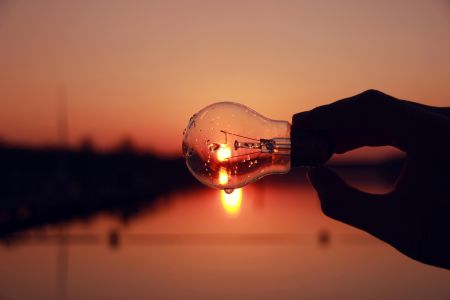Unlocking the Artist Within
Creativity is often seen as an elusive spark—something that strikes unpredictably and then disappears without warning.

For artists, writers, musicians, and anyone engaged in creative pursuits, the challenge isn’t always a lack of skill or passion, but rather the presence of inner blocks: self-doubt, perfectionism, fear of failure, or simply mental fatigue. Hypnotherapy offers a unique doorway into the subconscious mind, where many of these limitations reside—and where inspiration waits to be discovered.
Beyond the Conscious Mind
The conscious brain, analytical and structured, governs logic and everyday tasks. But creative insights rarely emerge from spreadsheets and checklists. They come from the deeper in the mind—areas shaped by memories, emotions, and imagination.
This is where hypnotherapy does its best work.
By guiding individuals into a deeply relaxed, trance-like state, hypnotherapy bypasses surface-level thinking and opens direct communication with the subconscious. In this space, old mental patterns can be reinterpreted and gently reprogrammed. For creative individuals, this means clearing mental clutter and eliminating self-limiting thoughts.
Dissolving Creative Blocks
A blank canvas. A blinking cursor. A melody that never resolves. Creative blocks manifest in countless ways, and often stem from hidden beliefs: “I’m not good enough,” “I’ll never be original,” or “What if I fail?” These beliefs often aren’t conscious—but they are powerful.

Through hypnotherapy, these internal narratives can be rewritten. Rather than forcing creativity through willpower, the process nurtures a sense of trust—allowing creative energy to surface naturally and without judgment. Artists often report a renewed sense of play, curiosity, and freedom after just a few sessions.
Reconnecting with the Inner Artist
Many people lose touch with their creative spark over time. Life is taken over by deadlines, obligations, and screens, leaving little space for imagination. Hypnotherapy can help reignite that connection—not by teaching creativity, but by rediscovering it.
A skilled hypnotherapist might guide a client back to early childhood memories of drawing, storytelling, or dancing—moments when expression was unfiltered and joyful. These memories serve as emotional anchors, restoring confidence and awakening dormant passions.
Expanding Creative Potential
Hypnotherapy doesn’t only address blocks; it also enhances existing abilities. Athletes use hypnosis to sharpen focus and performance—and creatives can do the same. By planting suggestions that foster clarity, originality, and persistence, hypnosis helps artists enter “flow states” more easily and remain there longer.

Some techniques even involve visualising successful outcomes: a finished novel, a completed painting, a standing ovation. These mental rehearsals prime the brain for success, reducing performance anxiety and increasing motivation.
A Safe Space for Expression
One of the most healing aspects of hypnotherapy is the creation of a safe internal space. Here, clients can experiment, explore, and imagine without fear of judgment. It’s a place where the inner critic softens and the inner creator steps forward—curious, bold, and unafraid.
Final Thoughts
Creativity isn’t a gift reserved for the chosen few—it’s an innate human ability, waiting to be nurtured. For those seeking to deepen their artistic expression, overcome blocks, or simply reconnect with their imagination, hypnotherapy is a powerful and effective tool.

The subconscious artist is always present. Sometimes, all it needs is a little help to reveal itself.
Main – Photo by Darius Krause



